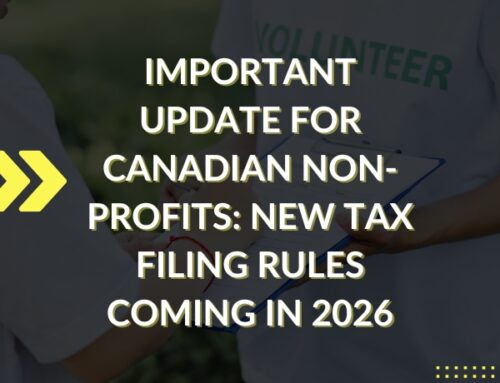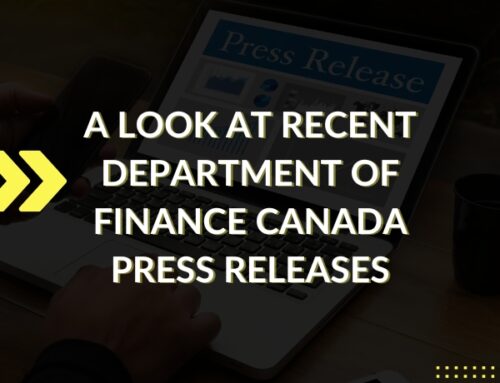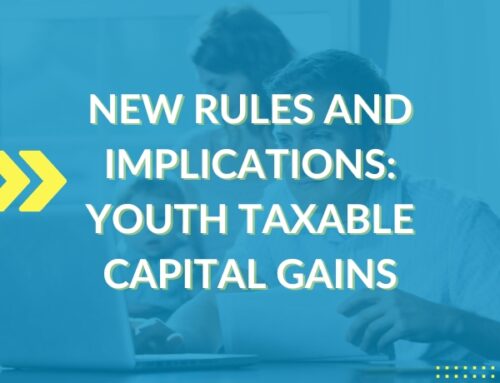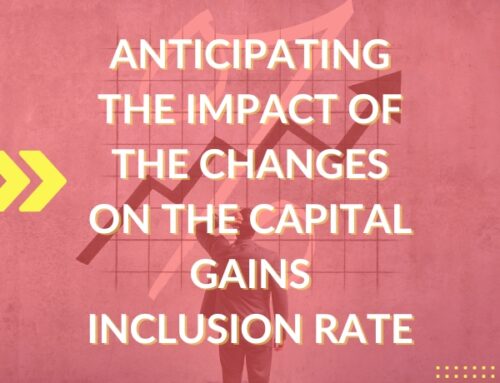Posted on March 09, 2023.
Key facts for CPAs regarding the Underused Housing Tax
What is the Underused Housing Tax?
Pursuant to Bill C-8, the Underused Housing Tax Act would implement a 1% annual tax on the value of residential property owned by non-resident, non-Canadians that are considered vacant or underused.
Every owner (other than an excluded owner) of a residential property in Canada on December 31, 2022 must file an Underused Housing Tax Return. The first filings and taxes are due on May 1, 2023.
Those that are not exempt from the tax will pay a tax of 1 percent on the taxable value of the property. Penalties for failing to file the return can be hefty, even where no tax is owed.
Defining a residential property as it relates to the UHT
It does not have to be a rental property, just a residential property, containing no more than 3 dwelling units. Note that this includes land subjacent to the property, semi-detached, duplexes, rowhouses, condominiums, etc.
If the property is a commercial property with residential units within the property, as long as the residential units are less than 50% of the property, then it is not considered a residential property.
Residential Property Exclusions:
- Highrise apartments (unless condominiums)
- Fourplex
- Boarding Houses
- Hotels, Motels, and Bed &Breakfasts
- Mobile Homes
- Park Model Trailers
Understanding “Affected Owners” and “Excluded Owners”
Let’s start off by defining an owner. An owner is a person identified under the land registration system or other similar system that could reasonably be considered an owner under such system in respect of the property. This also includes:
- A life tenant under a life estate
- A life lease holder
The tax return is filed by the owner as defined above rather than the beneficial owner for Income Tax Purposes.
All owners of residential property MUST file a UHT return unless they are an “excluded owner”.
Excluded Owners include:
- An individual Canadian citizen or permanent resident of Canada other than an individual that is a partner in a partnership or a trustee of a trust.
- A publicly traded Canadian corporation.
- A person with title to property in their capacity of trustee of a mutual fund trust, a REIT or a SIFT.
- A registered charity.
- A cooperative housing corporation.
- Municipal organizations or other public institutions and government bodies.
- An indigenous government body or corporation.
- The government of Canada or a province.
If you are not an “excluded owner”, then you are an “affected owner”.
An Affected Owner MUST file a UHT return, even if the ownership qualifies for an exemption from the tax. An Affected owner includes:
- An individual that is not a Canadian citizen or permanent resident.
- An individual that is a citizen or permanent resident who owns residential property as a partner in a partnership or as a trustee of a trust.
- A foreign corporation.
- A Canadian corporation not traded on a stock exchange.
Quick reference guide for calculating the UHT
1% of the property value multiplied by the ownership percentage
Property Value is the greater of:
(i) the tax assessed value for the year for the purpose of the related property tax assessment, and
(ii) the most recent sale price before December 31, 2022
Or
The FMV as determined by a written appraisal by an accredited appraiser.
Do you have more questions about the Underused Housing Tax? We understand the complexities around new legislation, which is why we have a dedicated 2-hour online course about the UHT. Our resident expert on the matter, John Grummet, CPA, CA takes you through key elements of the tax, exclusions, and filing requirements. You can find more information about the course and register HERE.
Looking for the UHT 2900 form? You can access it HERE.






